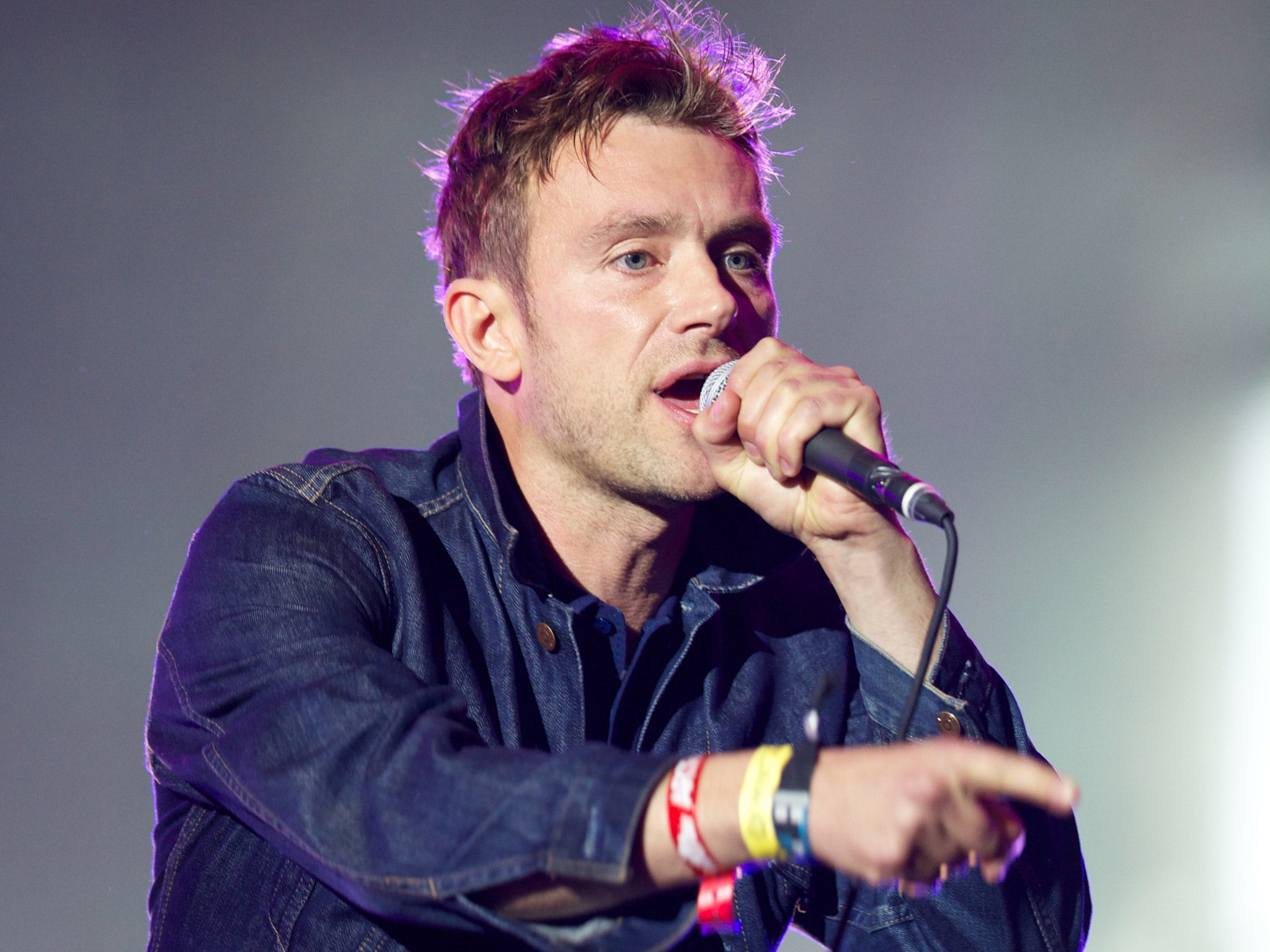First Listen: Damon Albarn's Radio Reunited broadcast

In a week when it has at times seemed to be tearing itself apart with blunders and recriminations, the BBC has came together at last.
To celebrate 90 years almost to the minute since the Corporation first broadcast from Marconi House in London’s Strand, at 5.33pm Damon Albarn’s composition “2Lo Calling” was broadcast across every BBC station, including the World Service. It was a statement of the continuing extraordinary reach of the BBC, and radio itself.
After being commissioned by the BBC, Albarn was handed a collection of messages sent to their local BBC stations by listeners, with the somewhat optimistic intention of being preserved to be heard by future audiences in 90 years’ time. Albarn admitted to being “overwhelmed” by the volume of material, but added to it by scanning the airwaves for the two weeks before transmission, attempting a snapshot of the ether in 2012.
Of all the pop polymaths the BBC could have chosen, Albarn is a doubly appropriate choice. Regular broadcasting in the UK actually began nine months before the BBC set up in the capital, from a shed used by the 2MT station in Writtle, Essex, the county where, as a Colchester schoolboy, Albarn met future Blur bandmate Graham Coxon. Albarn’s greatest song with Blur, “This Is A Low”, was based around a bittersweet nostalgia for Radio 4’s Shipping Forecast while on a US tour.
During its 3 minute duration, “2Lo Calling” similarly pays tribute to Radio 4’s sonic iconography. Beginning with Big Ben’s chimes, the most striking moment of this collaged piece is when Albarn plays melancholy piano and keyboard phrases to the pips which announce the news on the hour.
The montage in between emphasises the most optimistic messages from radio listeners, mostly children, for future generations, alongside snatches of morse code, car-horns, skylarks and blackbirds, fragments of Cameroon election coverage, and transmissions in Pashto, Pradeep and Danish. Paul Whiteman’s “3 O’Clock In The Morning”, 1922’s most popular tune, is the first musical element heard, in a pop continuum which finishes with Albarn’s keyboard melody.
As a collage or piece of musique concrete, “2LO Calling” is unlikely to be played much in 9 days’ time, let alone 90 years. But it’s still admirable, first for the symbolic coup of its extraordinary broadcast; and for the few seconds when Albarn makes his sonic coup of splicing radio’s pips with his own haunting notes.
Click here to listen to Damon Albarn's Radio Reunited broadcast
Join our commenting forum
Join thought-provoking conversations, follow other Independent readers and see their replies
Comments
Bookmark popover
Removed from bookmarks